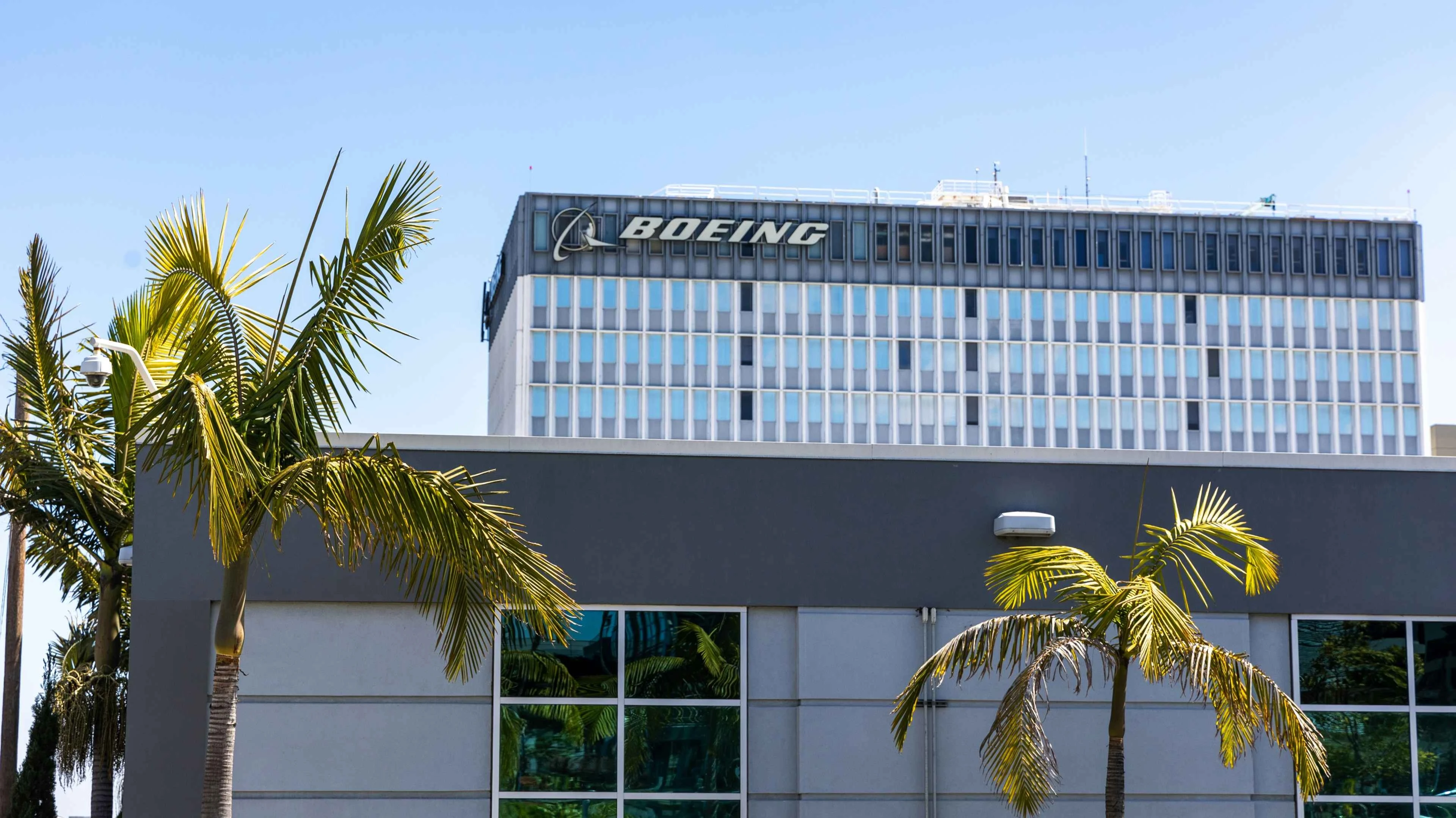Boeing has barely begun to recover from the crisis. Now it is facing a new strike
St. Louis union rejects company's 'record' proposal - halting production could affect key defense projects

The defense division of aircraft maker Boeing Corp. is facing the threat of a strike at its St. Louis manufacturing facility after unionized workers rejected a proposal for a new collective bargaining agreement, reports Bloomberg. The conflict comes ahead of the company's second-quarter report due out July 29.
Details
The proposal was sent to more than 3,200 union members of the International Association of Machinists and Aerospace Workers (IAM) and was overwhelmingly rejected on July 27. The contract called for a 20 percent wage increase over four years, a $5,000 lump sum payment for signing the agreement, and increased vacation and sick days.
Now the parties - union members and Boeing - have a week to possibly renegotiate the terms: a so-called cooling-off period is in effect. If no compromise is reached, the union may go on strike, which would lead to a complete shutdown of military equipment production at the plant.
What the parties to the conflict are saying
The union said the terms of the proposal did not reflect the real priorities and efforts of skilled workers. The IAM emphasized that the Boeing initiative does not take into account "the sacrifices and expectations of employees," reported Reuters.
Boeing vice president of Air Dominance and St. Louis facility manager Dan Gillian expressed regret over the outcome of the vote. He said the rejected contract was the most generous in the company's history and took full account of employee demands.
He added that the company has already activated a strike action plan and is preparing for a possible work stoppage. No new negotiations with the union have been scheduled yet.
How the strike will affect Boeing
Boeing's defense division makes key military aircraft, including the Super Hornet deck-mounted fighter for the U.S. Navy and the Red Hawk training aircraft for the Air Force, notes NewsWeek. The company won a contract this year to produce a new F-47 fighter jet for the U.S. Air Force and is expanding production capacity in the St. Louis area.
A possible strike could slow or completely halt assembly of such models as the F-15, F/A-18, T-7A, MQ-25 and other weapons systems. This creates additional risks amid the fact that Boeing's defense division has not made a profit since 2022 and is undergoing a restructuring phase, Bloomberg notes.
In addition, the company continues to face reputational and operational challenges. In March, U.S. Transportation Secretary Sean Duffy declared that Boeing had lost the trust of the American public and required increased oversight. The occasion for the sharp criticism was last year's accident aboard an Alaska Airlines 737 MAX 9, where a panel ripped off in flight due to missing four mounting bolts. In June 2025, a Boeing 787 Dreamliner crashed in India, killing 260 people.
Against this background, a possible strike becomes a particularly sensitive factor. In 2024, a similar protest at the Seattle plant has already seriously disrupted Boeing's production cycle, causing delays in the production of civilian airplanes, including the 737 MAX, 767 and 777.
What investors need to know
Nevertheless, under the leadership of CEO Kelly Ortberg, the company is showing signs of recovery. Ortberg, a seasoned engineer and executive, returned from retirement in 2024 to deal with a protracted crisis. He will present his annual progress report this week, and Boeing will publish its second-quarter financial results before the open of trading on July 29.
Investors are already reacting positively to the stabilization efforts: Boeing shares have risen more than 30% since the beginning of the year. Ortberg said in May that the company expects to reach positive cash flow in the second half of 2025. Production volumes are growing and airplane deliveries are at their highest level in a year and a half.
Analysts say the culture inside Boeing has begun to change after decades of management missteps, writes CNBC. The company is returning to a focus on engineering approaches, timing and reliability. Experts expect Boeing to show annualized profits in 2026 for the first time since 2018.
Second-quarter revenue is forecast to rise 28.5% to $21.67 billion, write StockStory analysts. In the first quarter, revenue totaled $19.5 billion, up 17.7% from a year earlier, lagging the consensus forecast by only 0.6%.
Boeing securities are up 11% over the past month and trade at $233.06, while the average analyst target price, according to data from StockStory, is $240.08, offering moderate upside.
This article was AI-translated and verified by a human editor
